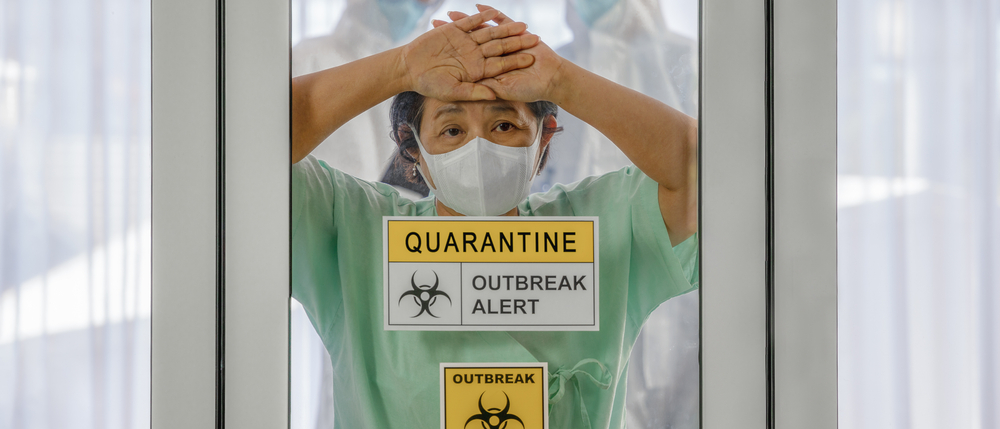
The U.S. Department of Health and Human Services (HHS) Office of the Assistant Secretary for Preparedness and Response (ASPR) announced this week that $100 million would be given to U.S. healthcare systems to help handle a continuing surge in COVID-19 patients at nationwide hospitals.
The $100 million being put up by the ASPR will go directly to the National Special Pathogen System, which will utilize the regional, tiered infrastructure originally set up for Ebola response and approaches used for treatments of trauma, burn, cardiac or stroke patients. By the end, that system should include a National Emerging Special Pathogens Training and Education Center (NETEC), 10 regional Ebola and other special pathogen treatment centers, 62 HHS Hospital Preparedness Program cooperative agreement recipients and their state or jurisdiction special pathogen treatment centers, as well as various hospital associations.
“We cannot beat the COVID-19 pandemic without getting America’s healthcare workers the training and resources they need to respond to this novel threat, and these funds secured from Congress by President Trump will help make that happen,” HHS Secretary Alex Azar said.
The White House had requested significantly less funding than the Coronavirus Preparedness and Response Supplemental Appropriations Act 2020, which pressed through Congress in near-record time, provided.
NETEC consists of three healthcare facilities that have successfully cared for Ebola patients in the past: Emory University, University of Nebraska Medical Center/Nebraska Medicine, and New York Health and Hospitals Corporation/Bellevue Hospital Center. They will lend their expertise, resources, and experience to assist other healthcare facilities’ in preparation for patients with highly infectious diseases, to train providers, and to provide real-time technical assistance. Similar efforts will flow from the regional treatment centers — one in each HHS region — which will also help confirm and treat special pathogen patients.
Under the system, cooperative agreement recipients will support preparedness at more than 300 healthcare coalitions throughout the country. Collaboration will move to keep individual hospitals, clinics, or EMS providers from being overwhelmed.
In all, the HHS said the new system should help enable training for healthcare providers, support innovations in coordination at all levels and develop new strategies to more quickly and efficiently respond to the COVID-19 outbreak, among other diseases.




